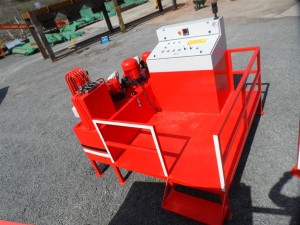ECONOMY NEWS SOUTH AFRICA 31.03.2015
We make a living by what we get. We make a life by what we give.’ – Winston Churchill
Black economic empowerment at its best is a complex and sensitive issue, but the elephant in the room race is the cause of huge discomfort and economic alienation and although discussed in private, is not dealt with openly and honestly.
However, if our nation wants to unite, progress and prosper, this issue has to be debated with brutal honesty; innovative and inclusive models have to be found.
I suffer from a fair amount of prejudice in a wide range of areas. I do not have all-pervading knowledge – very far from it; like all of us, my views are influenced by what I know. I can only strive to know and to understand more, but I will never be able to see the whole picture.
None of us will. Living in denial, though, remaining quiet for the sake of peace and safety, won’t bring me closer to the truth.
In addressing this issue, and since I am a so-called white , risk being called a racist and anti progressive . But for the sake of South Africa and all its people, I will take the risk.
This article has nothing to do with the empowerment of black people, but everything to do with forced business marriages, made for the wrong reasons – based not on a natural merging of talents, abilities and a shared vision, but forced upon business for purposes of short-term commercial gain, even survival. That is while history has taught us that sound decisions can never be based on skin colour.
This article is inspired by the increased challenges white owned small, medium and micro enterprises and family businesses are facing due to BEE demands in obtaining any form of business from larger companies, let alone the state – which to all practical purposes in respect of these businesses is now a dry pit.
The biggest potential job creator is effectively sidelined. The consequences are obvious.
The BEE scheme is designed for some to win and others to lose. The criterium is skin colour – similar to the pre-1994 arrangement. It is modelled on a similar evil, only with a different colour. This noble aim, the argument goes, is to correct the wrongs of the past.
























